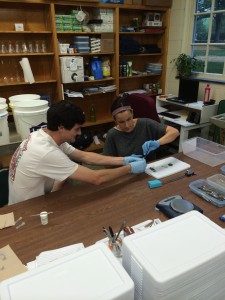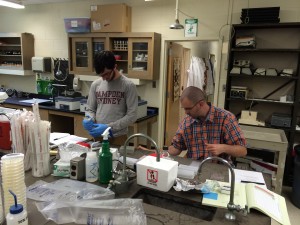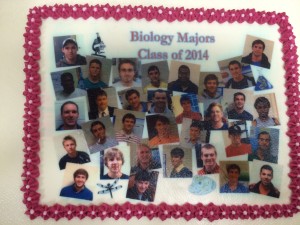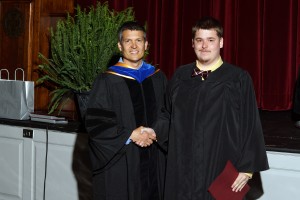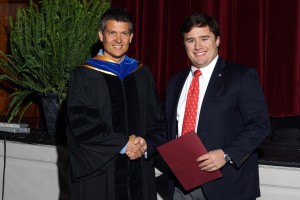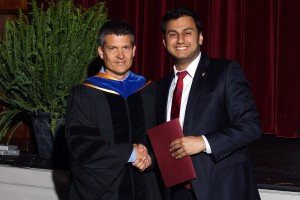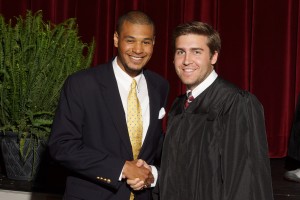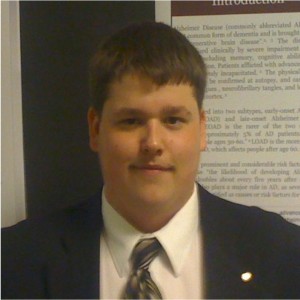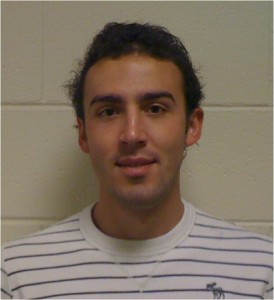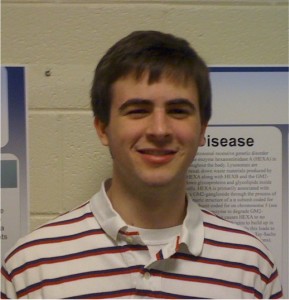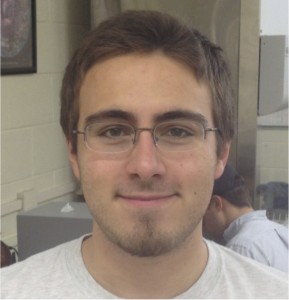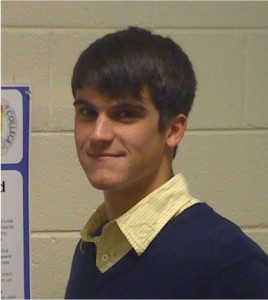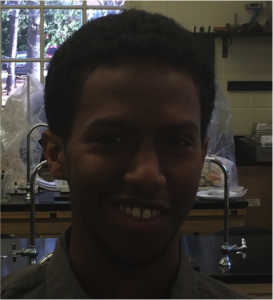The arrival of summer means the arrival of quiet across most of the Hampden-Sydney campus, but in the biology department this year it means the start of 9 independent student research projects. Students from the department are working on projects ranging from invasive species ecology to tumor immunology to the genetics of behavior. In the next few weeks this space will feature brief reports from our students on the research they are doing both at Hampden-Sydney and at other institutions.

